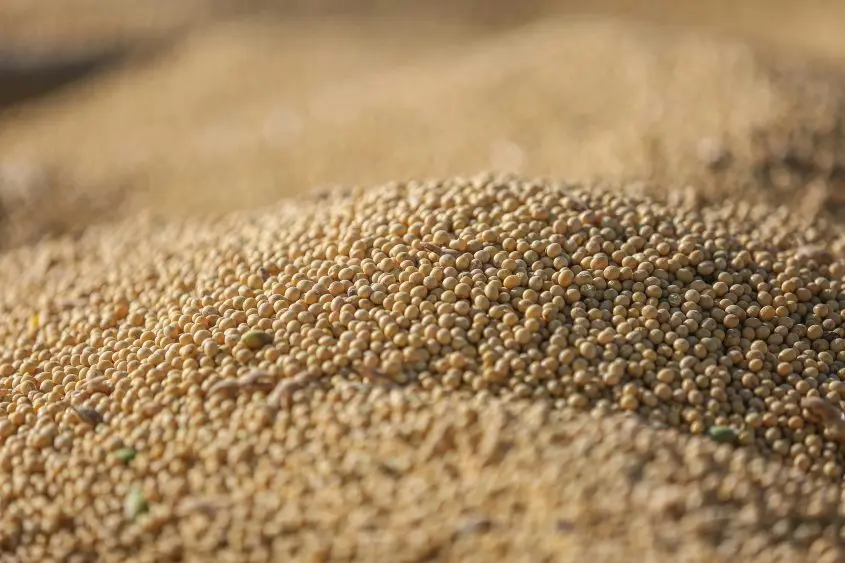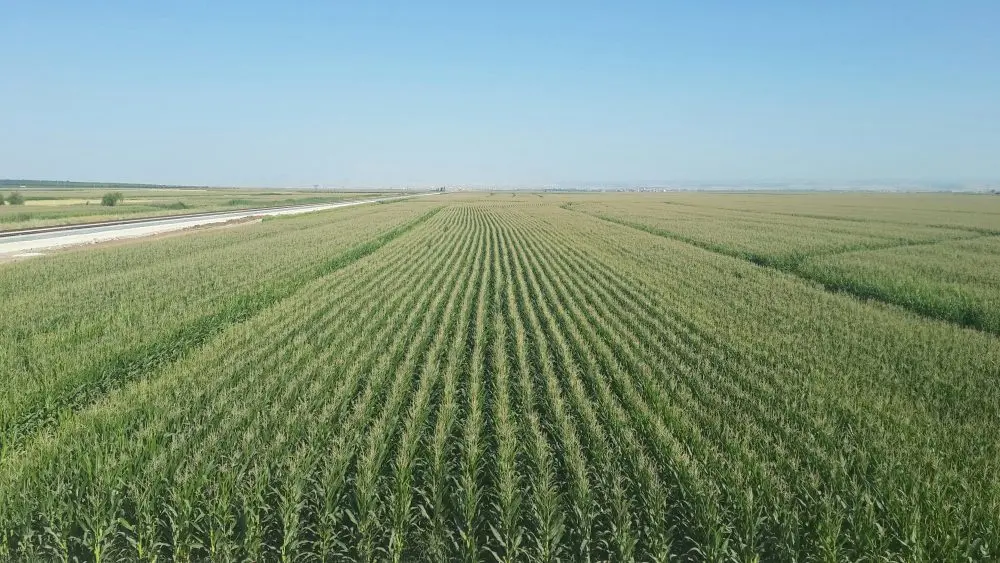
MANHATTAN, Kan. – Kansas State University researchers and the state’s farmers are putting their collective support behind a project to reduce the allergenicity of gluten in wheat, while maintaining the grain’s ability for bread and other products.
Eduard Akhunov, a University Distinguished Professor in K-State’s Department of Plant Pathology, said his team is identifying proteins in the wheat genome that trigger allergic reactions in people with celiac disease. The autoimmune disorder causes the immune system to react abnormally to gluten, a protein found in wheat, rye and barley.
Once they find the problematic proteins, the researchers will use a gene-editing technique known as CRISPR-Cas9 to target changes in the genome, which they hope will reduce or eliminate the allergic response in future varieties grown by U.S. wheat producers.
According to the Celiac Disease Foundation, the disorder affects 1 in 100 people worldwide, including about 2 million Americans. The Foundation notes that when people with the disease eat gluten, their immune system attacks the small intestine, damaging the small, fingerlike villi that help absorb nutrients.
“Our dilemma in doing this work,” Akhunov said, “is that in the past we have successfully reduced immunotoxicity in wheat by suppressing the expression of gluten-encoding genes. But, in most cases, this inevitably leads to the reduction of bread-making quality of that wheat.”
“We are working to develop wheat varieties that have a lower abundance of gluten proteins that cause allergic reactions, while at the same time maintaining bread-making quality.”
The three-year project began earlier this year and is funded by a $990,000 grant from the Foundation for Food and Agriculture Research. Project partners include K-State, University of California-Davis, the California Wheat Commission, the Celiac Disease Foundation and Kansas Wheat.
“Globally, the world is now consuming more than 800 million metric tons of wheat, and the United States mills almost 1 billion bushels of wheat annually into flour that produces wheat products,” said Justin Gilpin, chief executive officer of Kansas Wheat, which is funded by Kansas farmers through a checkoff program.
“I think it’s pretty exciting to see this work being done, especially with so much focus right now on wheat and health and consumers wanting to know more about their food.”
Aaron Harries, Kansas Wheat’s vice president of research and operations, said the organization has been working for many years to identify proteins most reactive for those with celiac disease.
“I give tours of our Wheat Innovation Center (in Manhattan) to farmers who have kids with celiac disease,” Harries said. “So, they’re growing wheat for a living, but at the same time they can’t have it on their dinner table. I just feel like there’s an obligation to try to do something about this.”
In 2023, K-State reported a breakthrough in developing wheat-based foods that contain lower amounts of gluten, while maintaining the quality of flour for baking. The current study will build on that work, further investigating the precise proteins that trigger gluten allergies.
Akhunov said gluten likely will never be completely removed from wheat since it is important for bread-making. Gluten provides the texture, flavor and moisture in such products as bread, bagels, pastries, noodles and more.
“We all know the benefits that whole grains play in a balanced diet, and yet there is a segment of the population that is trying to avoid those due to risk of an allergic reaction,” Gilpin said. “This is research that addresses a specific consumer need.
“It’s particularly positive for the wheat industry and, more specifically, wheat farmers. It’s exciting to have Kansas State as a partner on this project.”



